Waterproofing Timing Strategies
Waterproofing is essential for protecting structures from water infiltration, which can cause damage, mold growth, and structural issues. Proper timing ensures the effectiveness and longevity of waterproofing systems, reducing the need for frequent repairs.
Spring is ideal for waterproofing projects due to moderate temperatures and lower humidity, which facilitate proper curing and adhesion of waterproofing materials.
Summer offers longer daylight hours and warm weather, making it suitable for large-scale waterproofing applications, provided there is no excessive heat or rain.
Fall is a good time for waterproofing before winter, allowing materials to set properly and providing protection through the colder months.
Winter waterproofing is generally avoided due to cold temperatures that hinder curing, but specific cold-weather-resistant products can be used in milder climates.
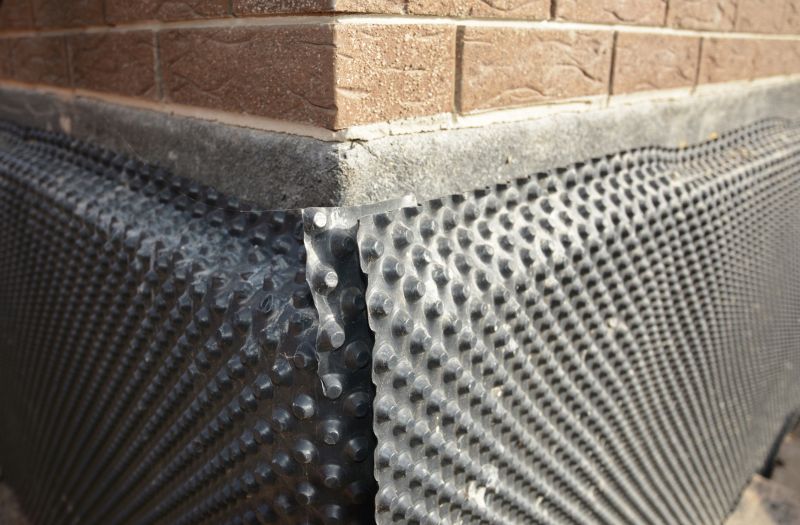
Spring conditions support optimal adhesion and curing of waterproofing membranes.
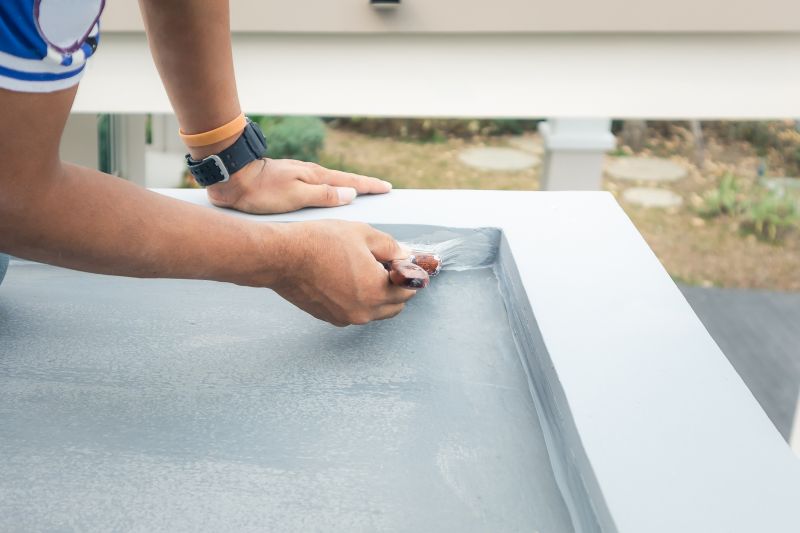
Longer days and warm weather facilitate large-scale waterproofing applications.
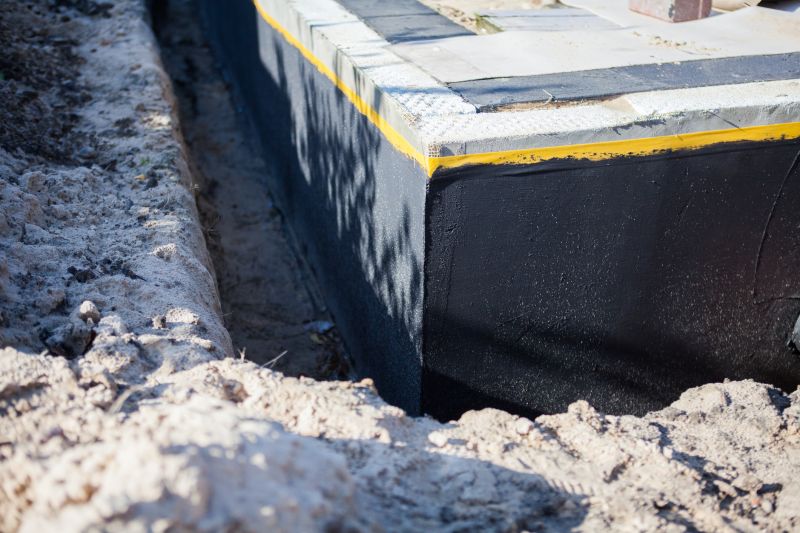
Applying waterproofing before winter ensures protection during colder months.
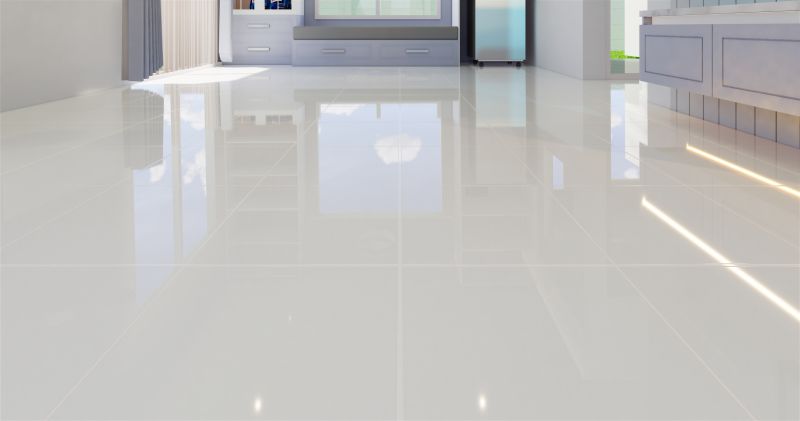
Ways to make Waterproofings work in tight or awkward layouts.
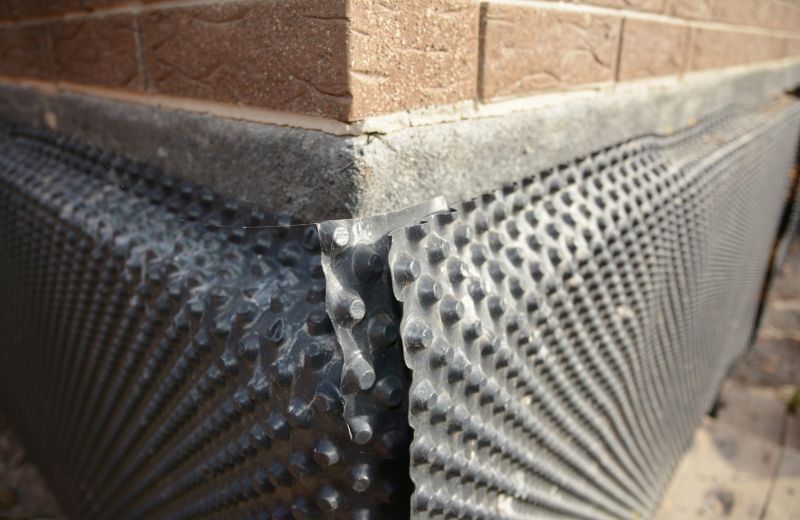
Popular materials for Waterproofings and why they hold up over time.
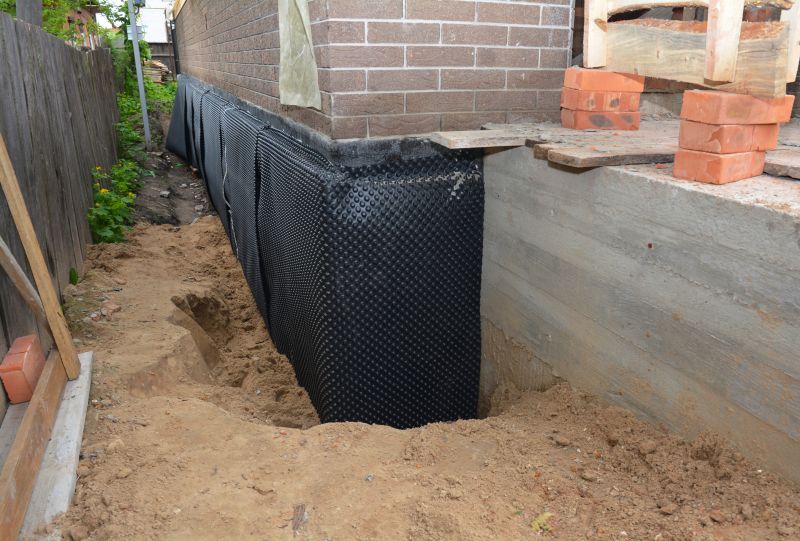
Simple add-ons that improve Waterproofings without blowing the budget.
| Season | Suitability for Waterproofing |
|---|---|
| Spring | Optimal conditions for application and curing |
| Summer | Suitable with caution regarding heat and humidity |
| Fall | Ideal for pre-winter protection |
| Winter | Generally not recommended unless using cold-weather products |
Waterproofings are vital for maintaining the integrity of foundations, roofs, and other structural elements exposed to moisture. They involve various materials such as membranes, coatings, and sealants designed to prevent water penetration. The choice of timing depends on climate conditions, material properties, and project scope. Properly timed waterproofing can extend the lifespan of a structure and reduce maintenance costs.
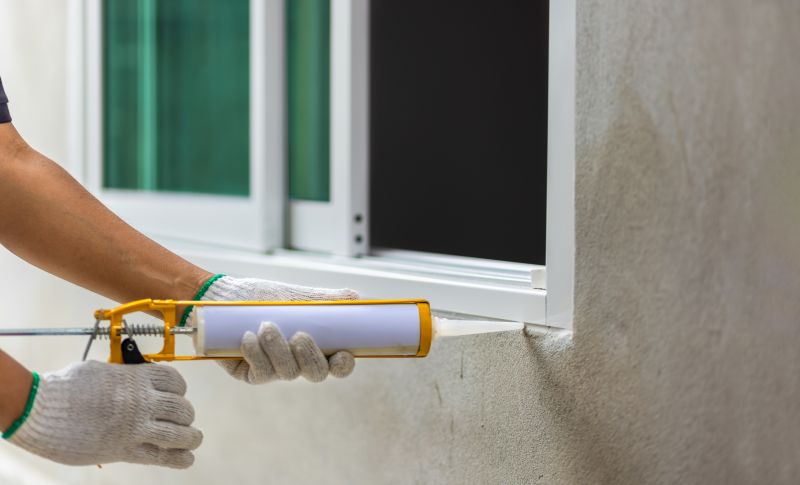
Sealants are applied to joints and cracks to prevent water ingress.
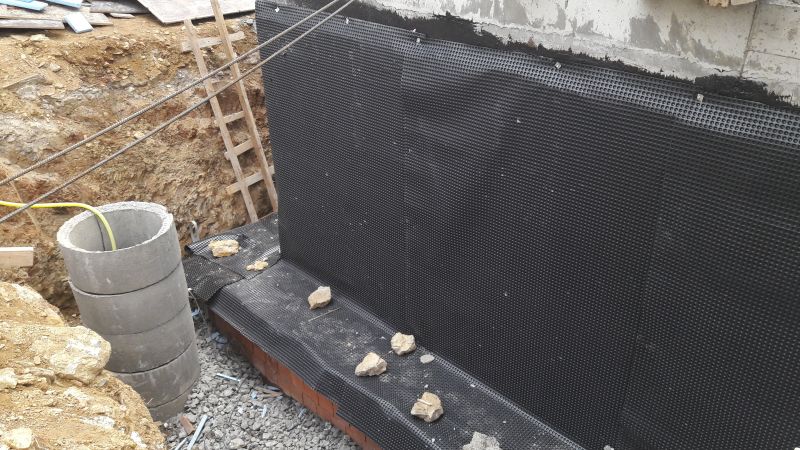
Membranes are layered over surfaces to create a waterproof barrier.
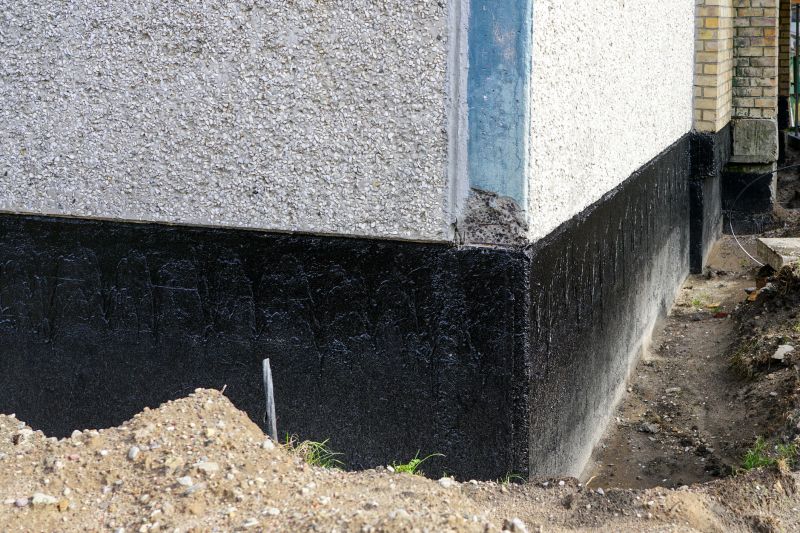
Waterproof coatings are used on roofs and walls for added protection.
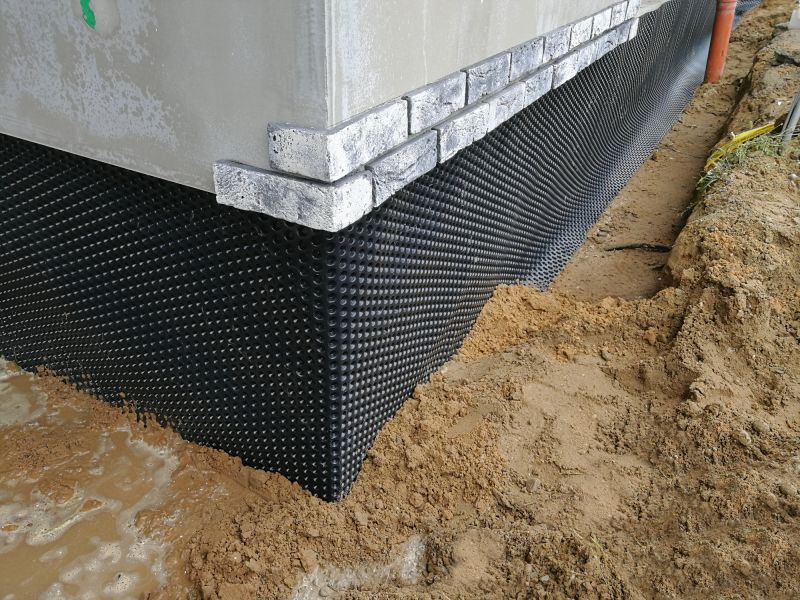
Applying waterproofing at the foundation level is crucial for basement protection.
Interested in waterproofing services? Filling out the contact form can provide more information and assistance tailored to specific project needs. Proper timing and application techniques are key to ensuring long-lasting protection against water damage.

